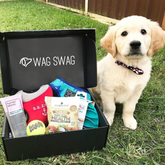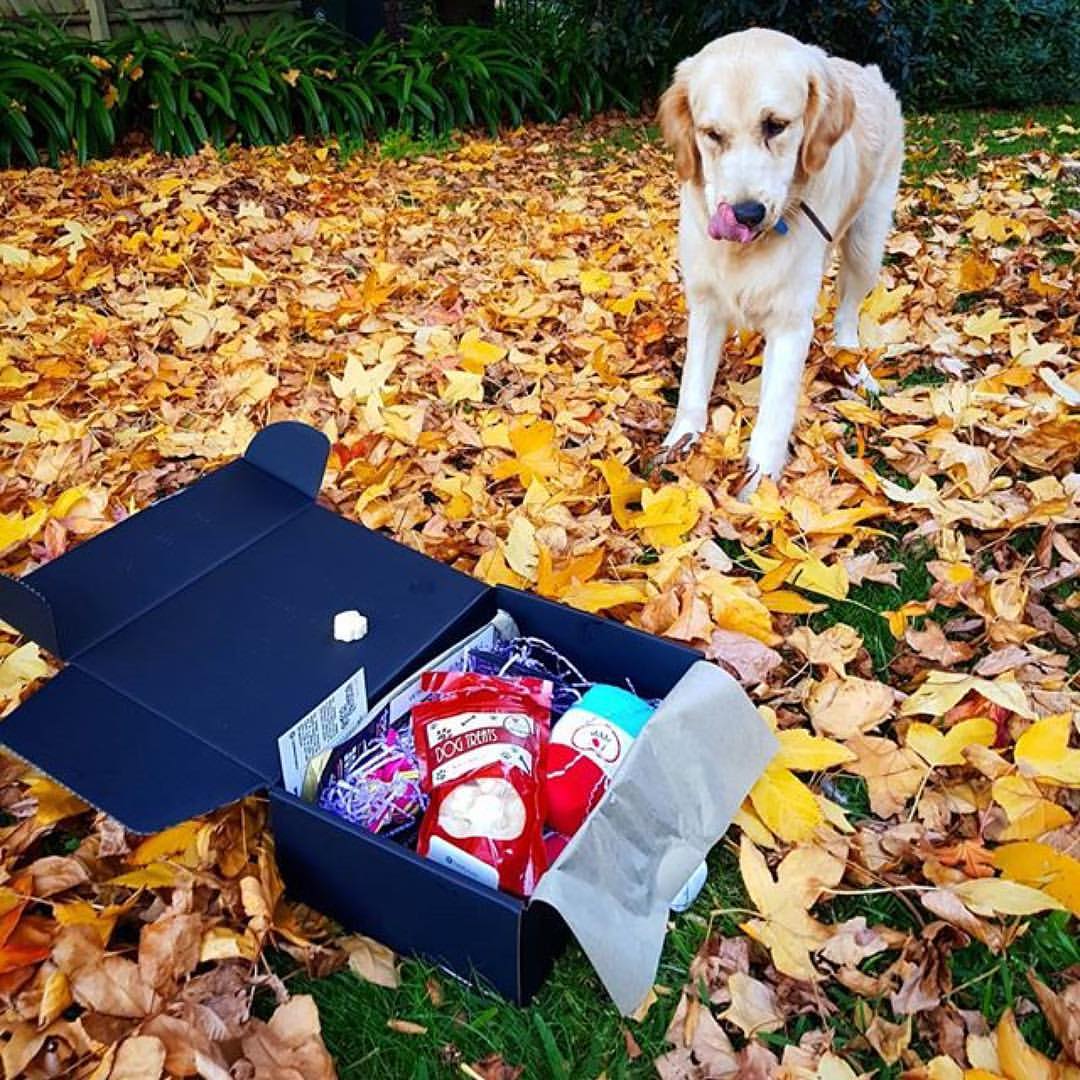CAN YOU TEACH AN OLD DOG NEW TRICKS?
It’s never too late to learn something new. That being said, it’s true that older dogs can have difficulty with training. Young dogs and puppies find it much easier to absorb information and imitate behaviours. If you’re up for the challenge though, older dogs can be taught too. It may take more time and patience, but training mature dogs can help them to stay sharp and stimulated. Learning tricks can also be a wonderful bonding experience.
There are many things you can do to enhance the success of your training sessions. Here are Golden Swag’s top tips to get you started.

1. Build Trust, Loyalty And Companionship
Just like human relationships, trust is key when it comes to your pet. It can take years to build a trusting relationship, so make it a priority. Many dogs are vulnerable and highly dependent on their owners. The day you take them home, you take on the responsibility of loving and caring for them unconditionally. As well as showing them affection, it’s your duty to keep them healthy and safe by providing them with food, shelter and healthcare.

2. Take Time To Get To Know Your Dog
Dogs have their own personalities, and no two are the same. That’s why it’s important to get to know your pooch. If yours is friendly and playful, he might need more attention and social interaction. If he is more shy and subdued, large crowds might cause him stress. Different breeds also tend to share similar traits and temperaments. They have different needs when it comes to food and exercise, so make sure you’re familiar with their requirements.
If you’ve adopted an older rescue dog, try to gather as much information about him as possible. Many rescues have been abused or mistreated previously, which can have a significant impact on their behaviour. Knowing their past can help you to understand these behaviours and take measures to overcome their anxieties.

4. Respect Your Dog’s Limits
When training your dog, keep a close eye. Older dogs tend to get tired quickly, in which case it’s best to wrap things up. If you force it, your dog may become stressed or even injured. Some of the telltale signs of exhaustion include:
- sniffing the ground
- drooped ears
- excessive licking
- yawning
- boredom.

5. Keep Training Sessions Short
For older dogs, training sessions should last no more than 30 minutes. For dogs who are less alert, you may need to start with even shorter sessions. The longer they last, the less effective they become as your dog gets bored and distracted. This could result in frustration on both sides, so keep it short and sweet.

5. Use Positive Reinforcement
Incorporating positive reinforcement into your teaching can be highly effective. This method involves rewarding your dog when they make progress or do something correctly. Try giving your dog a treat every time a trick has been completed. Looking for the best dog treats you can give to your dog? Visit www.goldenswag.com.au.

6. Start With A Single Trick At A Time
Rome wasn’t built in a day, so don’t expect any miracles to happen right away. Teach your pooch one command at a time. These simple, focused lessons are very effective with older dogs who can’t process information as quickly as before.

7. Remember That Dog Training Is A Commitment
Consistency is key when it comes to teaching an old dog new tricks. Map out a daily training schedule and stick to it. By repeating the sessions on a regular basis, your dog will pick things up a lot more easily. With older dogs, you’re going to need a lot of patience. The most important thing is not to give up if they don’t get it the first couple of times. If you’re consistent with your training, they will catch on. Trust us, the shared feeling of pride and accomplishment will be worth it in the end.
Should I Teach My Old Dog New Tricks?
The best part of teaching your dog tricks is the quality time you spend together. If your dog can’t understand a more challenging command, understand that he is not a puppy anymore. It’s important not to go into things with unrealistic expectations of your pooch. Instead, focus on simpler tricks. It’s a lot more enjoyable for you both if they’re doing well and getting rewarded.
Treat training like playtime. If you keep it fun and lighthearted, your dog is much more likely to respond positively. It’s alright to be firm with your dog, but never scold him for getting it wrong. Positive reinforcement has been proven to be far more effective. At any sign of progress, make sure to give lots of cuddles, words of encouragement and treats. At the end of the day, all any dog wants is to make their owner happy. If training sessions are filled with joy and love, they’ll be the teacher’s pet (pardon the pun).

If you’re geared up to start training your dog, you’ll need a stash of goodies to reward him when he learns something new. For the best doggy gifts, look no further than Golden Swag.
Golden Swag’s personalised boxes are filled with toys and treats that your furry friend will adore. Every box is customised and hand-picked for your pooch, so they’ll be the perfect match for your pet’s individual needs.






